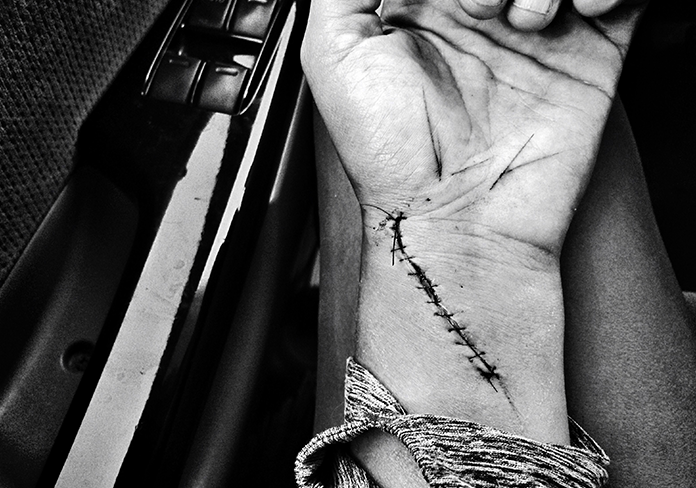
CBT
(Cognitive Behaviour Therapy)

DBT
(Dialectical Behaviour Therapy)

REBT
(Rational emotive behaviour therapy )

EMDR
(Trauma Therapy)

Diagnostic Reviews
(Child, Adult, Neuro)






 Mood & Emotions
Mood & Emotions
 Anxiety &
Stress
Anxiety &
Stress
 Trauma & Abuse
Trauma & Abuse
 Children &
Adolescents
Children &
Adolescents
 Addictions &
Habits
Addictions &
Habits
 Self-Harm &
Suicide
Self-Harm &
Suicide
 Relationships & Family
Relationships & Family
 Body Image &
Eating
Body Image &
Eating
 Gender &
Identity
Gender &
Identity
 Sleep Disorder
Sleep Disorder








 Bengaluru
Bengaluru